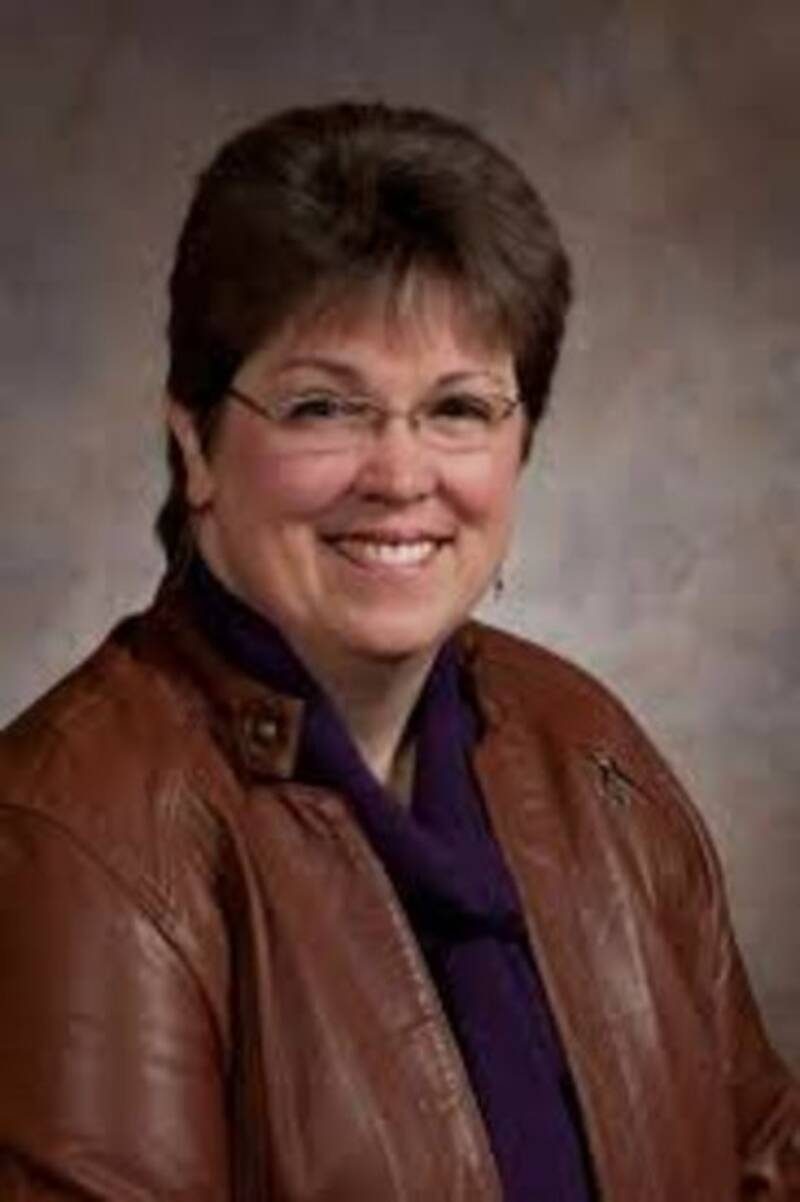‘Mental health issues have touched my family in many ways,” Barb Habben recently told me. “Because of this [work with NAMI] has become my second career.” Barb is the local coordinator of NAMI Chippewa Valley.
Recently folks from across Wisconsin came to the State Capitol to celebrate NAMI Action on the Square. The National Alliance on Mental Illness (NAMI) is the nation’s largest grassroots mental health organization helping to build better lives for those affected by mental illness.
NAMI grew from the work of concerned citizens, talented professors and the UW Extension. The existence of the organization is a testimony to the ingenuity and persistence of mothers and a shining example of the Wisconsin Idea in action.
In the late seventies, a group of mothers got together to share struggles and support. They met at a Madison establishment known as the “Cuba Club.”
The mothers all had children suffering from schizophrenia. As they shared challenges, they knew more needed to be done. Families everywhere were facing the problems these mothers and their children encountered.
Together these mothers, including Nancy Abraham, formed the Dane County Alliance for the Mentally Ill. A few years later, they met Professor Roger Williams of the University of Wisconsin, Madison. Dr. Williams was a strong advocate for mutual support and self-help efforts.
Two mothers, Harriet Shelter and Beverly Young, worked with Professor Williams to broaden their advocacy efforts. Dr. Williams wrote a proposal to convene a national conference cosponsored by UW Extension and local mothers’ group. “The hope was that a national organization would materialize out of the conference,” wrote Ayse Somersan in the book entitled Distinguished Service.
This conference was the first of its kind focused on family members, friends and those with chronic mental illness. Indeed, the work of Dr. Rogers and the local mothers did lead to the creation of NAMI. This organization became a nationwide network and unified voice of those advocating for those with mental illness.
Barb Habben continues the work of the original group of mothers. Out of her home, she and her husband run NAMI Chippewa Valley, which serves Dunn, Chippewa and Eau Claire counties. The organization helps families with mental health issues. They coordinate a program called “Family to Family” that helps families understand what is happening when someone has mental illness. Barb hosts a monthly support group for families.
NAMI Chippewa Valley works with law enforcement providing “Crisis Intervention Training” which Barb described as a “huge success.”
Training law enforcement officials to understand and empathize with those suffering from mental illness helps police on the front lines work more effectively in their communities. The program helped train not only Eau Claire law enforcement but deputies, jailers and others in the surrounding rural areas.
Education is a big part of the work of NAMI Chippewa Valley. There is a growing need for training teachers, school officials and families. Barb Habben shared how local Health Department surveys routinely show mental illness, as well as substance abuse, at the top of the health challenges list. Recently the organization teamed up with local officials and others to begin “Mental Health Matters” a new program for youth experiencing trauma, depression, anxiety and the effects of stress.
All this work happens at NAMI Chippewa Valley with volunteers. The organization has no paid staff. In fact, volunteers from the software company JAMF created the new website for NAMI Chippewa Valley.
“It’s been keeping me quite busy,” Barb told me. “I’m a retired teacher. Education is an important part of what I do and there is no lack of things to work on.”
The story of how NAMI came to be is a great example of the innovative, dedicated, forward thinking of so many people in our great state. Anyone can join in the volunteer opportunities with NAMI to help improve the lives of those living with mental illness. Just as the mothers whose efforts created NAMI, we can come together to show individuals and families they are not alone on this journey.


Add new comment